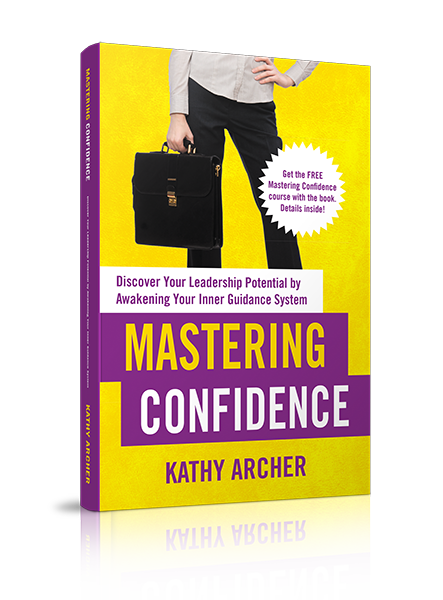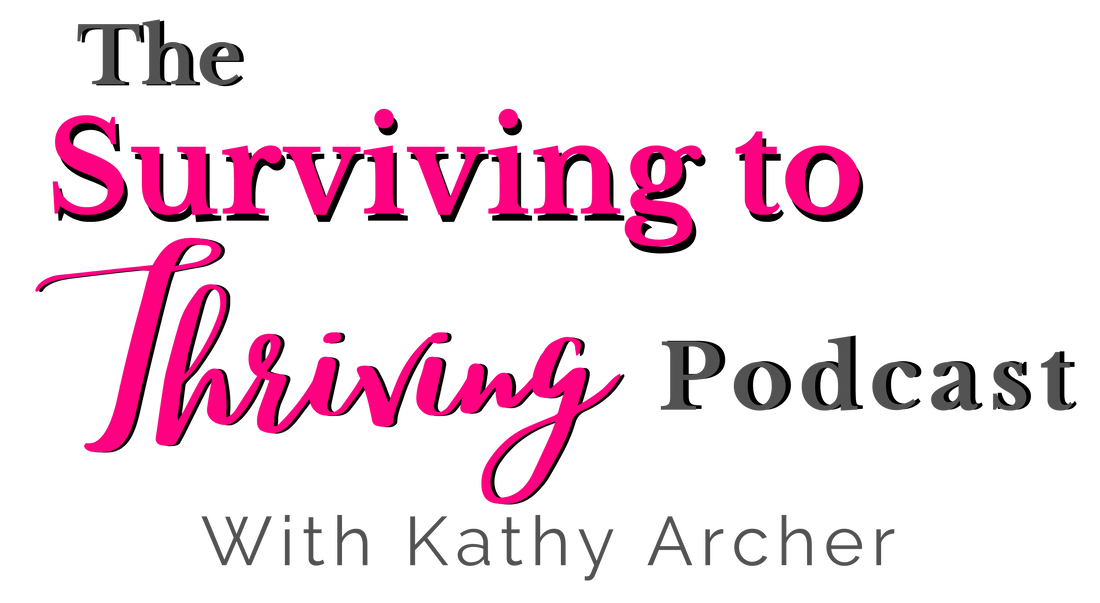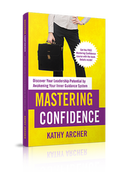|
Do you ever watch athletes and wonder - How? How the heck do they get where they are? How do they go in front of thousands of people and perform while you struggle to get the words out in a meeting of 10 peers? An athlete seems to bounce back after they lose. You, on the other hand, would like to stay home the day after you say something less than eloquent at a business meeting.. The trick you can learn from athletes is this: Do not be afraid to fail. Athletes see success as a process They can’t always win, especially in the beginning. Athletes must work their way up. High performing athletes view failure as opportunities for learning. What does an athlete do?
If you were to apply these same lessons to your leadership, consider what you might get. Practice You might decide on one skill you are working on each month and work hard at it. Perhaps it is patience, planning better for meetings or staying focused on a task. The practice you put in will result in a better performing you. Get back up When something knocks you down, rather than wallowing in it, you’d get back up. No need to complain about it at the water cooler. Just bounce back and keep moving forward. Accept Feedback One of the things we often do is resist the feedback in our performance appraisals. I mean the stuff we don’t like. Instead, we might be more open to what we hear. By getting curious about feedback instead of resisting to it, we improve our performance. Learn from our mistakes The key to learning from mistakes is to look for the lesson and then apply what you learned. Perhaps you neglected to complete the written part of formally disciplining an employee. Then, similar incidents happened. Because you didn’t have the documentation for the last two, you can't move to dismiss them the 3rd time around. The lesson is to keep your paperwork up to date. But if you don’t do anything different in your processes, it means you didn’t apply the lesson. A new system or habit for documenting would need to be embarked. Look to others for guidance Do you have a mentor, a guide or a coach? You should. These are the people you go to for learning? We all need a wise, experienced person to point us in the right direction. Exercise GRIT Try again and again with perseverance and passion to meet your long-term goals. This is developing your grit. Grit is perseverance and passion for long-term goals. Grit is the ability to dig deep, even when the going it tough. We all could benefit from more of that. Applying these lessons in leadership When you put all of this into practice, you will find you have more courage to step into some of the more uncomfortable places you may find yourself. But in doing so, you will find more courage and thus be more confident. The more self-assured you find yourself, the more boldly you’ll step out next time. Courage and confidence go hand in hand. Athletes know they need to trust the journey and have faith in the process It’s a learning adventure. Mistakes and failures are a part of it. But with the mindset to learn and grow and access to wise guides along the way, the journey is far easier. You'll find this too when you apply these lessons to your leadership journey. You'll have more courage to be your most powerful self.
0 Comments
Your comment will be posted after it is approved.
Leave a Reply. |

Available on Amazon
Archives
March 2024
|
|
Leadership TRAINING for Nonprofit Leaders
Become a confident and competent nonprofit Leader: Join The Training Library membership Executive and Leadership COACHING Leadership Coaching for Nonprofit Executives, Leaders and ManagerCoaching |
PODCAST for Nonprofit Leaders
The Surviving to Thriving podcast: Strategies, systems and support to lead your nonprofit with confidence FREE RESOURCES to Grow your Leadership Skills Free Leadership Training Resources, Worksheets and Templates |
Become a CONFIDENT LEADER
|




 RSS Feed
RSS Feed
